Answers to the most frequently asked questions we hear from decision-makers, business leaders, social media users, and TRCP members.
As TRCP’s director of climate solutions, I field a lot of questions about climate change. From those who are deep in the weeds to those who are deeply skeptical, there is rampant confusion and misinformation across the spectrum.
TRCP’s core values include transparency and being rooted in science, so speaking openly and clearly about climate change is critical to our mission. But it’s also essential to the future of hunting and fishing. You, our members, are key to the success of nature-based solutions, which will benefit the fish and wildlife we love to pursue while enhancing the ability of our soils, waters, and landscapes to slow climate change.
Here we’ve gathered the most common questions we get—at events, in meetings, and online—about this important but divisive issue and laid out our very best answers.
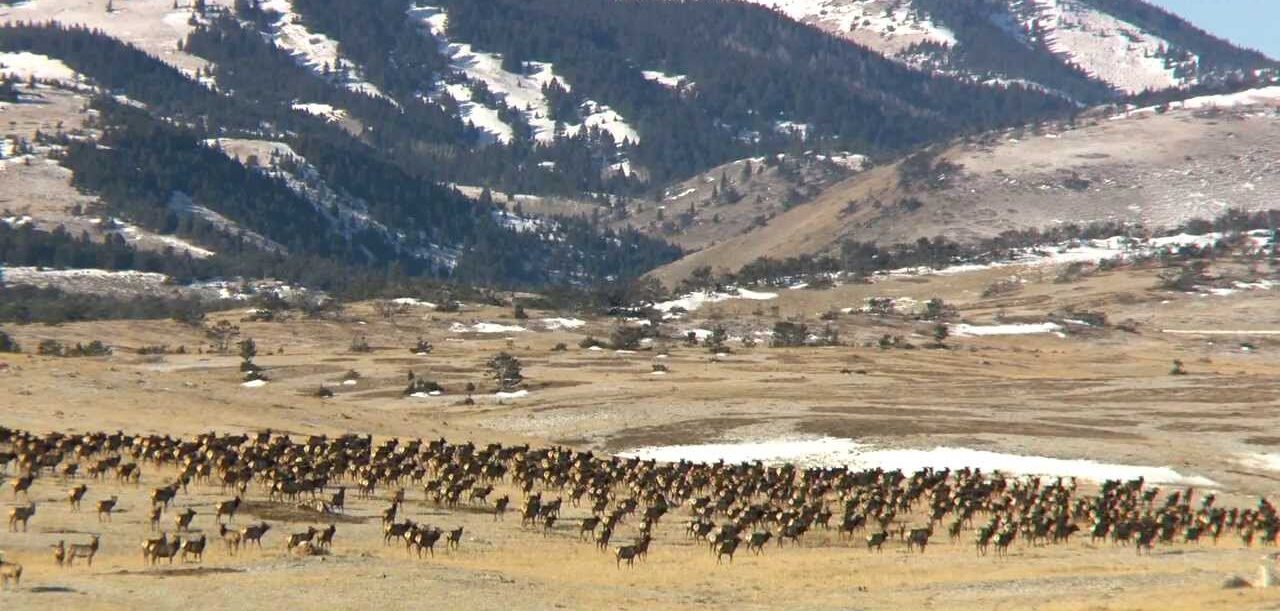
People used to talk much more about global warming, but now you only hear about climate change. Are they the same thing?
Global warming is the overall warming of our atmospheric temperature. Climate change refers to the long-term changes to our temperature and weather patterns—our climate. The term better describes what we’re experiencing on a daily basis. Yes, the average temperature of Earth’s air and seas is rising due to global warming, and because of this, sea levels are rising, season timing is shifting, droughts are longer and more expansive, migration patterns are changing, weather is less predictable, and fish and wildlife populations are declining. These impacts taken together are climate change.
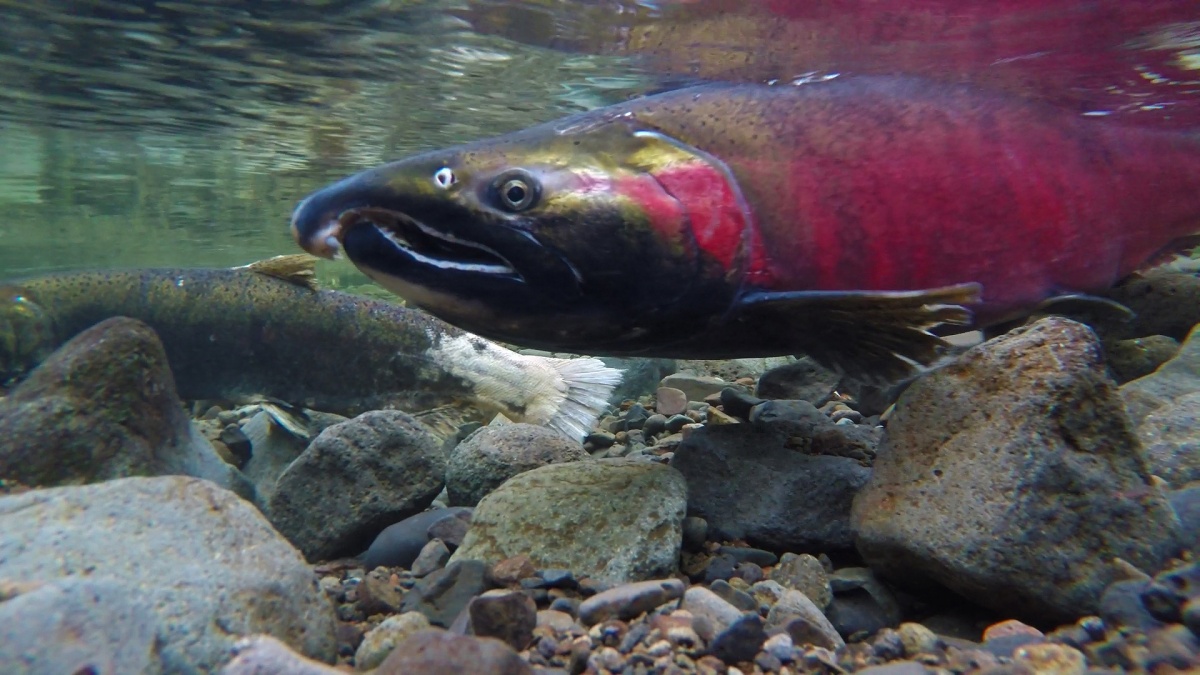
Don’t temperatures naturally fluctuate? What about the Ice Age?
Of course, global temperatures have changed in the past. These fluctuations are well documented in geological records—ocean sediment, ice cores, sedimentary rocks, tree rings, and coral reefs—and occurred very slowly over thousands or millions of years. Recent evidence shows that, unlike the incremental shift in temperatures over millennia, the current global average surface temperature has risen by 2 degrees Fahrenheit or 1.1 degrees Celsius in just the past 150 years. This is roughly 10 times faster than the ice-age recovery warming on average.
More alarmingly, the rate of temperature change has more than doubled since 1981. We know this isn’t just a changing climate as we’ve seen in the past, but human-driven climate change.
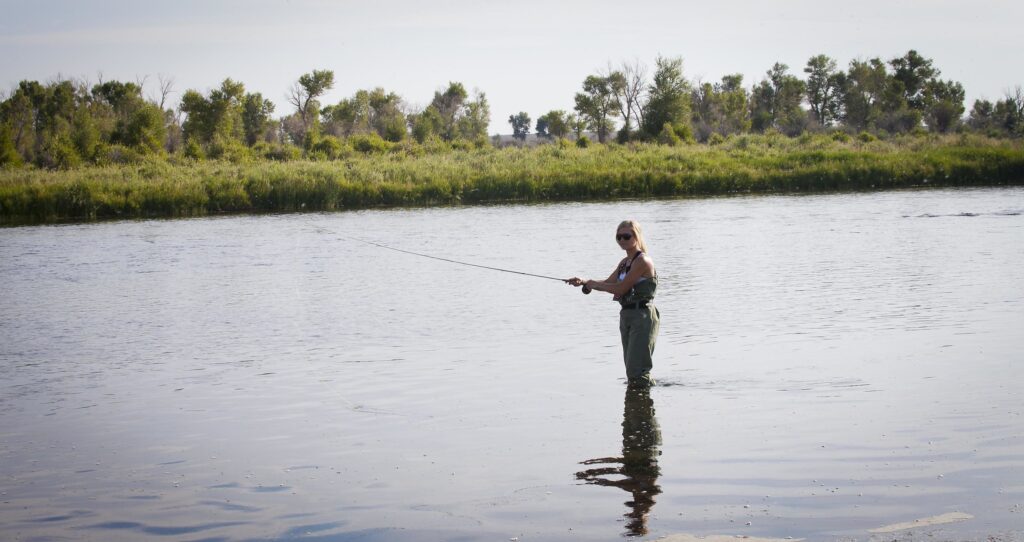
Weather has always been variable, so how do we know that climate change is influencing weather events?
Weather describes the conditions that we experience day-to-day. The weather and temperatures we experience locally fluctuate over short periods and have usually been predictable based on seasons. Climate describes the patterns and trends that we observe over a longer period. However, weather and climate are interdependent—as our global climate changes, we’ll continue to experience increasingly variable weather locally. Our new normal is already punctuated by more heatwaves, drought, catastrophic wildfires, and frequent thousand-year storms.
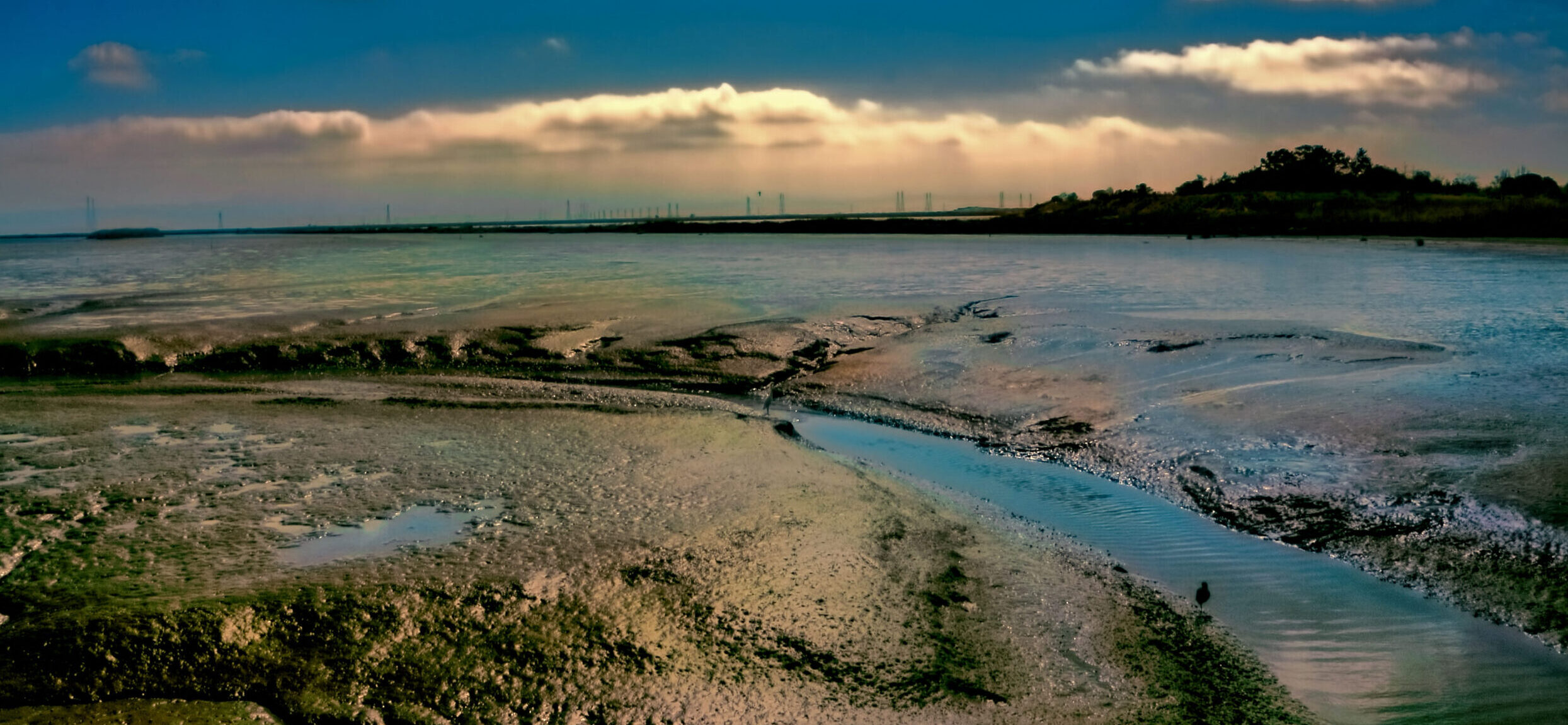
If forest fires are naturally occurring, how does climate change cause them too?
Climate change increases the likelihood and severity of forest fires by creating conditions that make them more likely to start and spread quickly, including drier soils and vegetation, invasive plant species that are more fire-prone, and the increased frequency and severity of lightning strikes and extreme weather events.
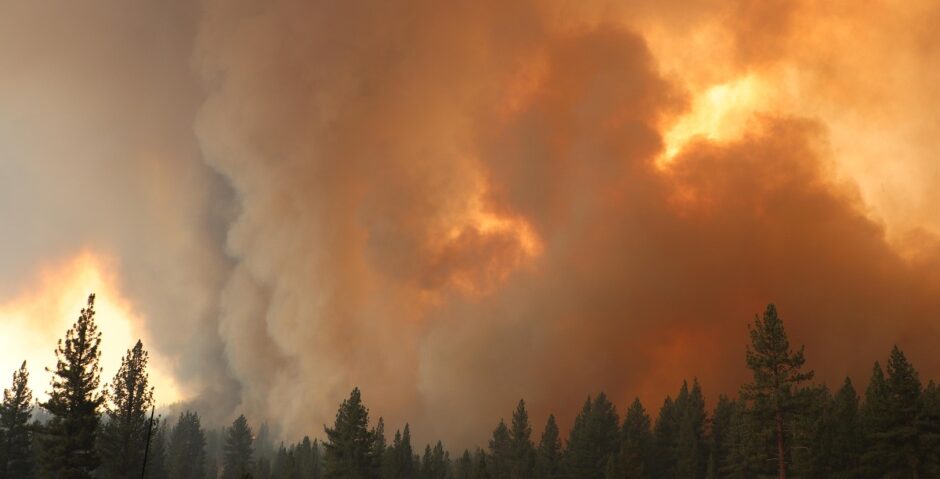
What does climate change even look like? What impacts will the next generations witness?
We know climate change is affecting our opportunities to hunt and fish right now. Depending on where you are, drought and reduced rain and snowfall has lowered the water level in rivers, lakes, and streams. Many rivers in the West are now regularly closed to fishing as water temperatures reach a point where fish are in distress. Those same high-water temperatures are causing fish populations to decline, inviting toxic algal blooms, and forcing fish to migrate to cooler areas. Land-based migration is also changing with rising temperatures, increasingly frequent natural disasters, and variable weather patterns, often causing wildlife to move out of traditional ranges and display unexpected behavior, like early wakeup or bugling late into the season.
These impacts will only intensify for the next generation of hunters and anglers.
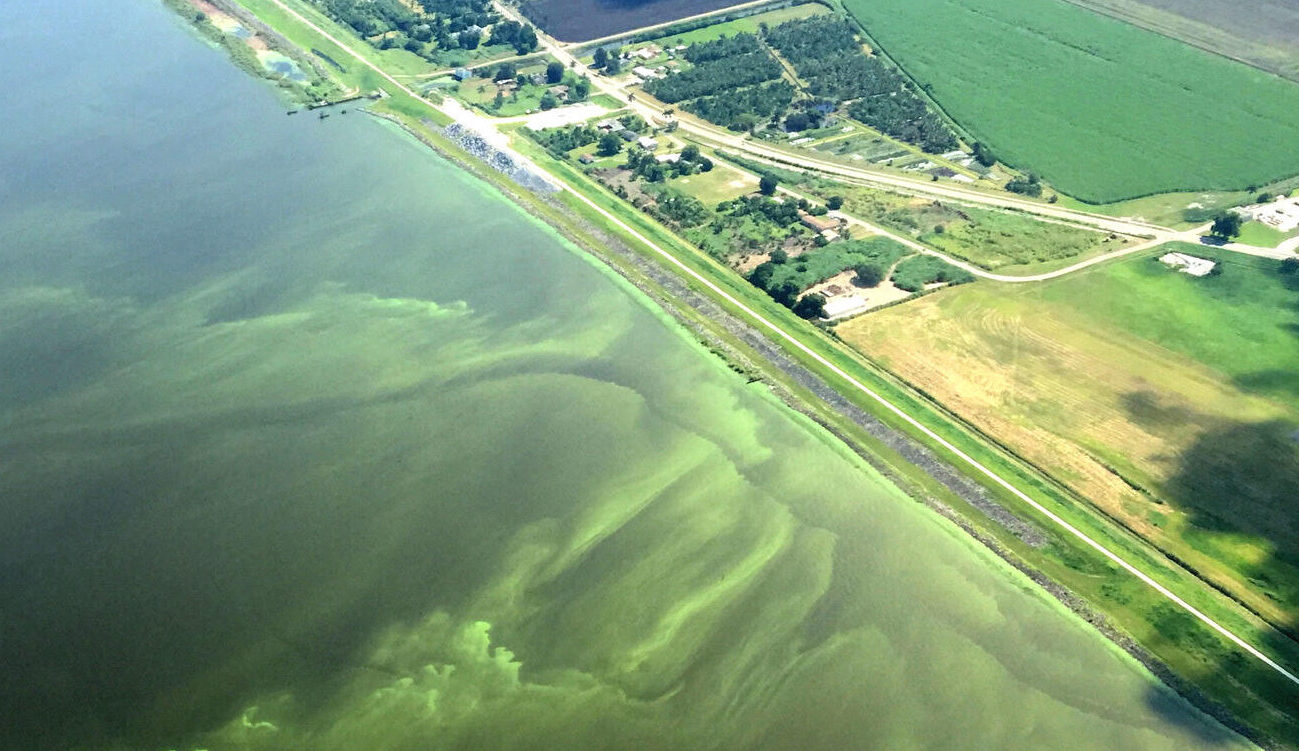
Humans have made mistakes when it comes to shaping our lands and waters in the past. Shouldn’t we just leave nature alone to right itself?
It’s important to recognize that nature is impacted by us, both positively and negatively, whether intentionally or not. Centuries of our giving to and taking from the land have already altered the landscape and the process of undisturbed nature. As a threat multiplier, climate change is bringing more frequent and intense weather events and exacerbating existing declines in fish and wildlife populations, leaving our lands and waters less resilient to future changes and impacts. Human action is necessary—there is no turning back.
Will taking climate action reduce my ability to hunt and fish?
Hunters and anglers are longstanding conservationists, who take responsibility for maintaining and restoring habitats for the good of all. Our work to support wildlife and their habitat is crucial to maintaining the future of hunting and fishing as climate change impacts continue to evolve. And many of the solutions we already want and need to maintain our ability to hunt and fish can actually help to slow climate change. Learn how this is possible here.
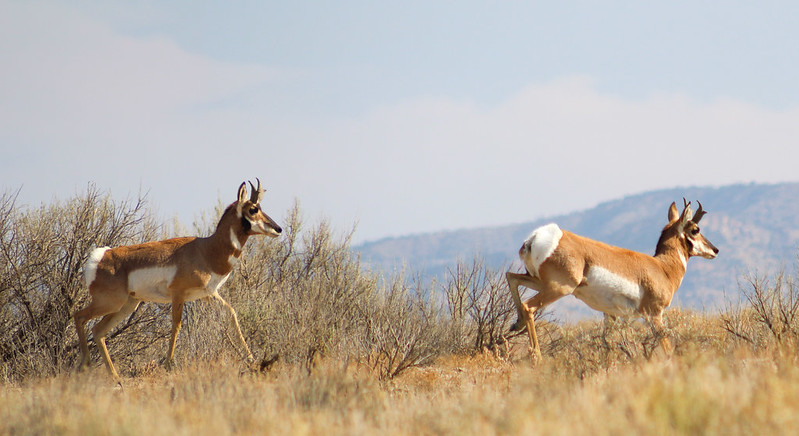
With a global challenge as immense and existential as climate change, how can hunters and anglers hope to have any impact?
Change is possible—we see it every day. Hunters and anglers have pushed for and secured meaningful solutions to habitat challenges of every size and scope, from the days of the Lacey Act to the widely celebrated legislative victories and conservation investments of recent years. You can make a difference for habitat and our climate by standing with us when it comes to nature-based solutions. Take action here to make lawmakers aware of the climate benefits of restoring fish and wildlife habitat.

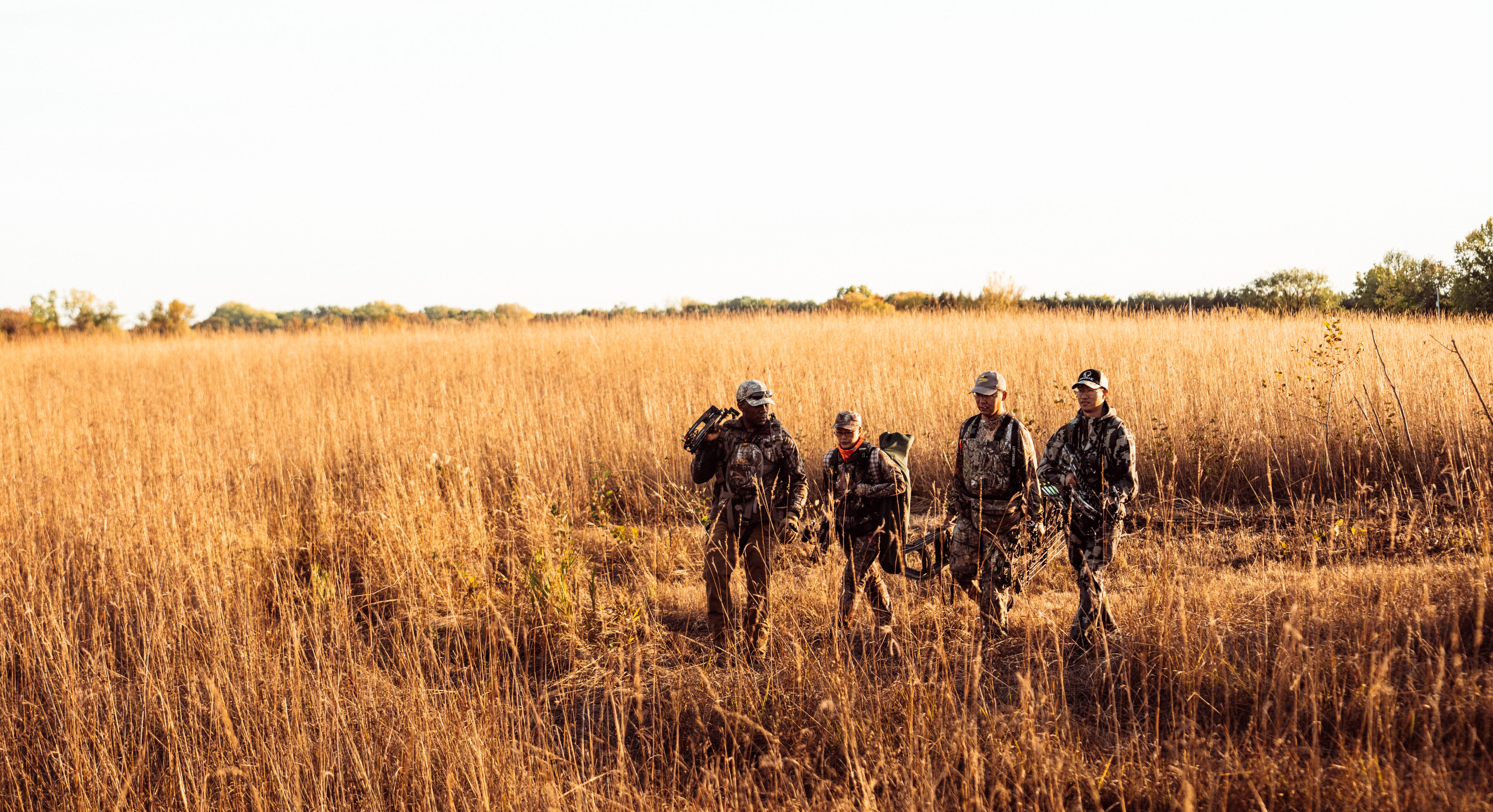

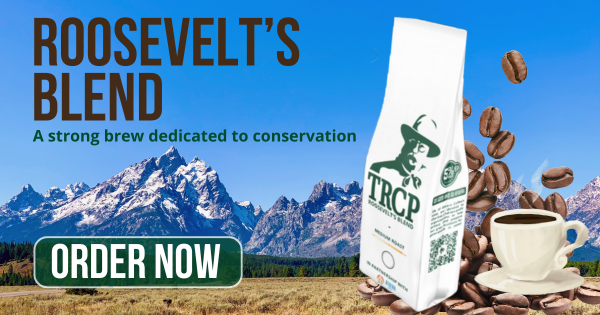



This is nicely done. I’m happy to see outdoor organizations I belong to like TRCP take climate change seriously and talk to us (the members) about why it is important to do so. I know that we are a difficult audience for talk about the issue. But talking needs to be done given the effects climate change will have especially on fisheries but also on other wildlife.